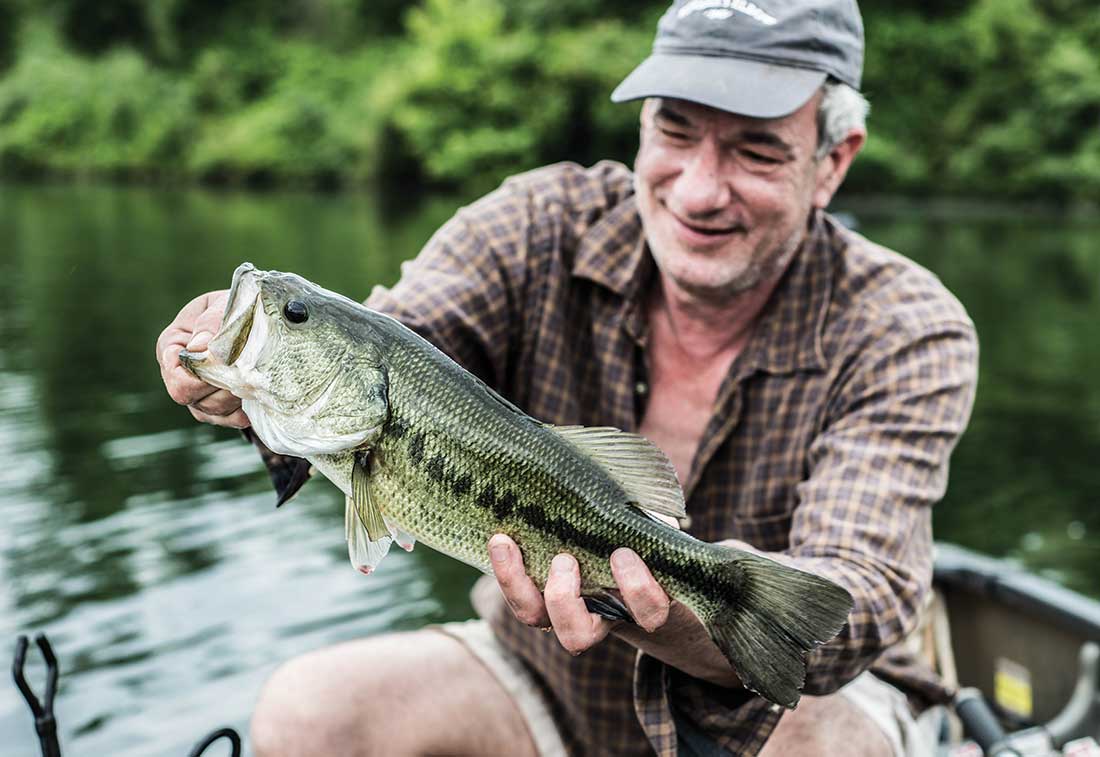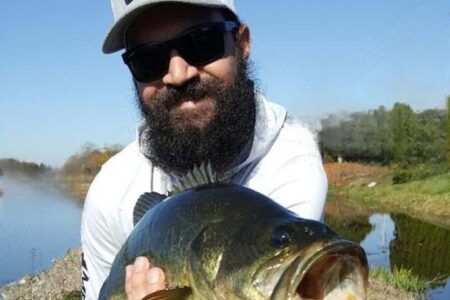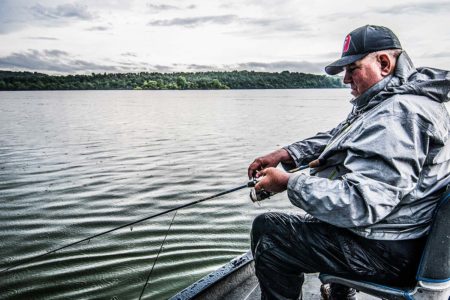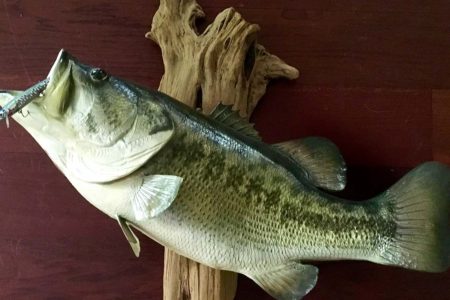What do you do when a hot spot turns cold?
At least in my own experience, honey holes sometimes fail. I have more of them than I can count, but the first that comes to mind is a steep, weedy, mid-lake drop-off, where I used to feel primed. We would approach, by squareback canoe, the boulder protruding above the lake’s surface. That’s the only land, making the spot an islet.
We let weightless plastic worms slowly sink towards bottom 20 feet down, along columns of weeds. Without fail, good-sized largemouth bass snatched them. And then one day, nothing happened. The spot failed on the next outing and the next after that. Just the other day we slowly trolled chrome Storm Hot ‘N Tots past that boulder along the residual weeds. The place felt as if it were someone who once was my friend but is no longer.
Any lake you fish might have new spots to try. A small lake might easily inspire illusions about the extent of your knowledge. Once you catch a fair number of fish on a few spots, you might begin to feel you have the lake down–until that day comes when nothing happens. But if you catch fish at a spot you’ve never really fished closely before, the puncture that deflated your pride elsewhere will fill a new balloon.

Last summer, my son and I positioned to cast shallows of a small cove on this same lake I mention, after we never got hit by the boulder. We knew a number of other productive spots, but before we got to any of them, I felt moved to compensate for the loss at my favorite.
The lake’s surface was calm, so I never needed to anchor, but as I switched the electric motor into reverse to brake, I felt tentative and uncertain about what was ahead. I took a couple of casts, placing a worm at the edge between shallows and a depth of about 8 feet, feeling as if nothing would happen here. Suddenly, Matt whooped out and I saw his rod had doubled over. “I saw it hit!” he said. An 18-inch largemouth camouflaged by weeds had risen out of them to engulf his spinnerbait.
Now I felt like paying close attention. I carefully tested this and that depth, before I felt particularly keen on putting the worm right up against the bank where it drops off sharply. I put that worm into water no more than 2 feet deep with reeds immediately behind, felt a pickup, set the hook, and enjoyed an especially hard battle. After I lipped and lifted over the gunwale what proved to be a 19-inch largemouth, I noticed the light-wire worm hook had threatened to straighten out. I released the bass and tied on a stronger hook.
Now my son and I know the lake differently. Although something in any of us resists new experience and wants to repeat what the past has proven, we can learn more about fishing when a reliable spot denies us.
Every honey hole you know has a history uniquely your own, which often begins before you have any idea it will grow. More than a decade ago, I discovered a river stretch used at least somewhat by other anglers, given the evidence of a trail. I found it has a deep hole of about 8 feet, but I felt oddly cold about it from the first when it refused to give. I fished there repeatedly for three years before I caught my first smallmouth, always catching bass in the stretch down below, though after a while, this productive stretch did not impress me. Stubbornly, I kept trying the more remote.
The first bass a 2-pounder, the next year I tried again and caught a smallie of nearly 4 pounds. Ever since, I’ve regularly caught bass there, and often quite a number of them. Good ones, too. A confirmation for anyone who warms to the notion that persistence pays. But even more important than success as defined by numbers and weight, a new honey hole will create precious memories you’ll want to recall and which contribute to a rising learning curve.
I still look to the rock in the middle of the lake and wonder if we will get that spot back in the future and heal the division we feel now. The likes of this problem might be good reason to persist at fishing an old spot that’s got stubborn on you.




